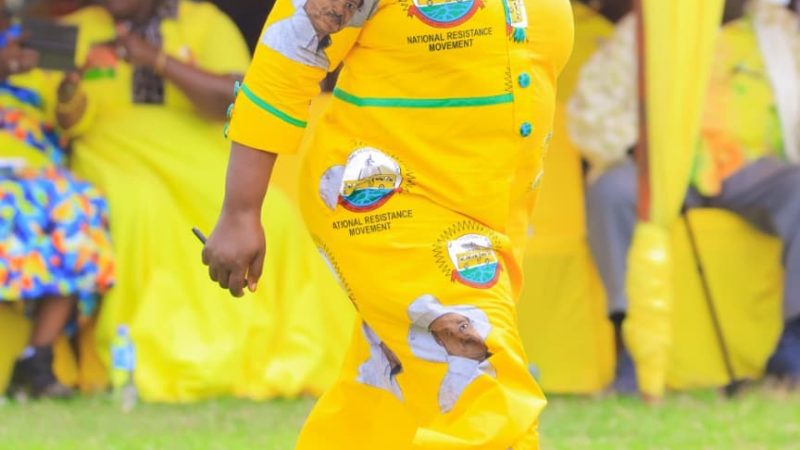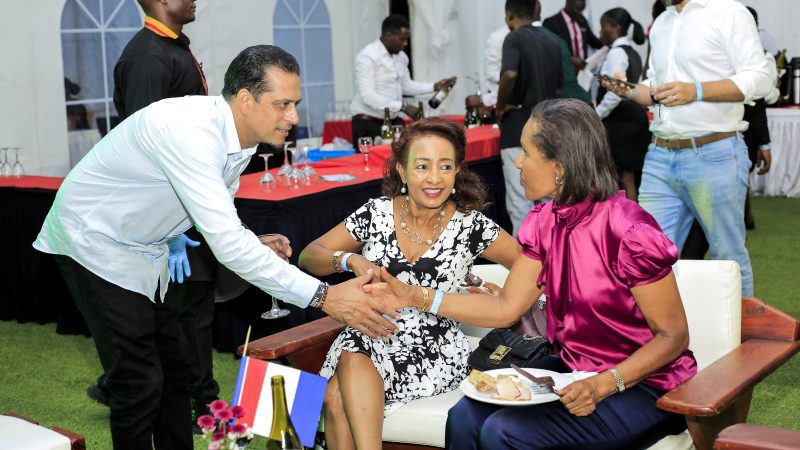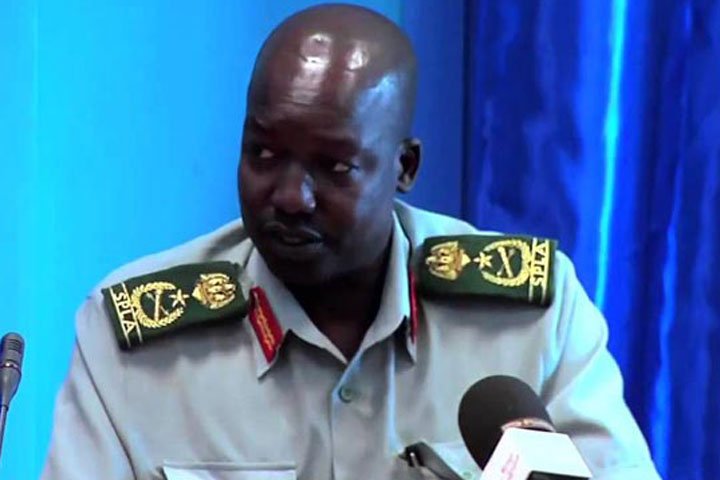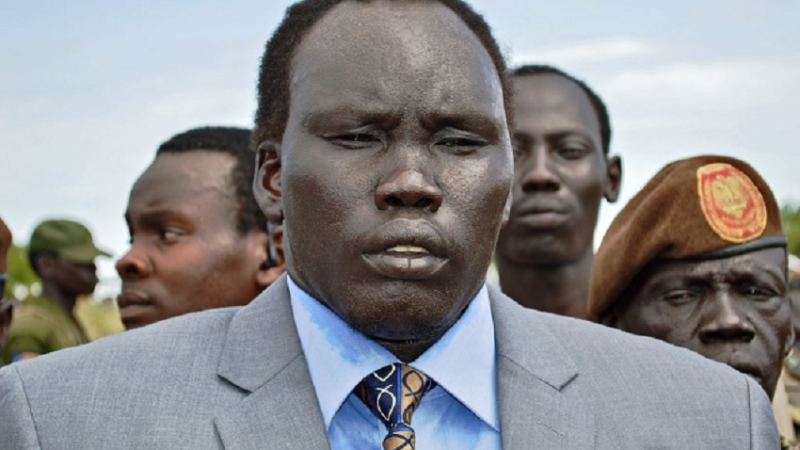South Sudan’s First Vice President Riek Machar has rejected President Salva Kiir’s recent directive on the formation of a unified command structure, citing lack of consensus on the unilateral decision.
Kiir, in a decree issued on March 25, Kiir, called for unification of the army (SSPDF) and South Sudan National Police Service command structures.
The president’s directive was to be implemented with immediate effect.
Sources at the presidency claimed the South Sudanese leader was acting on a proposal given to him by the Chairman of Sudan’s Sovereign Council, Gen Abdel Fattah Al-Burhan during his recent visit to the capital, Juba.
In a statement read on the state-owned television (SSBC) on Friday, Kiir said at least three top command positions had been relinquished to dissident armed groups, including the armed opposition faction (SPLM/A-IO) led by Machar.
It, however, remains unclear as to which positions Kiir made reference to.
Sudanese publisher Sudan Tribune quotes multiple sources as having said that Kiir and his circles agreed to give positions of deputy chief of defence forces, Inspector General of South Sudan Police Forces and the assistant chief of defense forces for moral orientation to the dissident armed opposition.
These three positions, they argued, would be divided by opposition groups, with Machar taking at least two positions in the command structure and South Sudan Opposition alliance (SSOA) taking one position. SSOA, sources say, aspired for at least two positions in the command structure.
Machar, however, rejected these arrangement, continuing to prefer equal distribution of the command structure as it was discussed at the workshop at which the details were discussed by the parties in 2018.
The armed opposition leader described President Kiir’s actions as “unilateral and undermined negotiations effort being facilitated by the guarantors”.
Machar, in a statement on Saturday, said the presidential decree was unilateral and a violation of the revitalized peace agreement on power-sharing.
Chapter II of the peace accord stipulates for the training and unification of the necessary 83,000 forces into one unified professionalism army. But many stakeholders have questioned peace parties on the slow implementation of this crucial chapter bearing all security arrangements which were supposed to be implemented before the formation of the coalition government.










